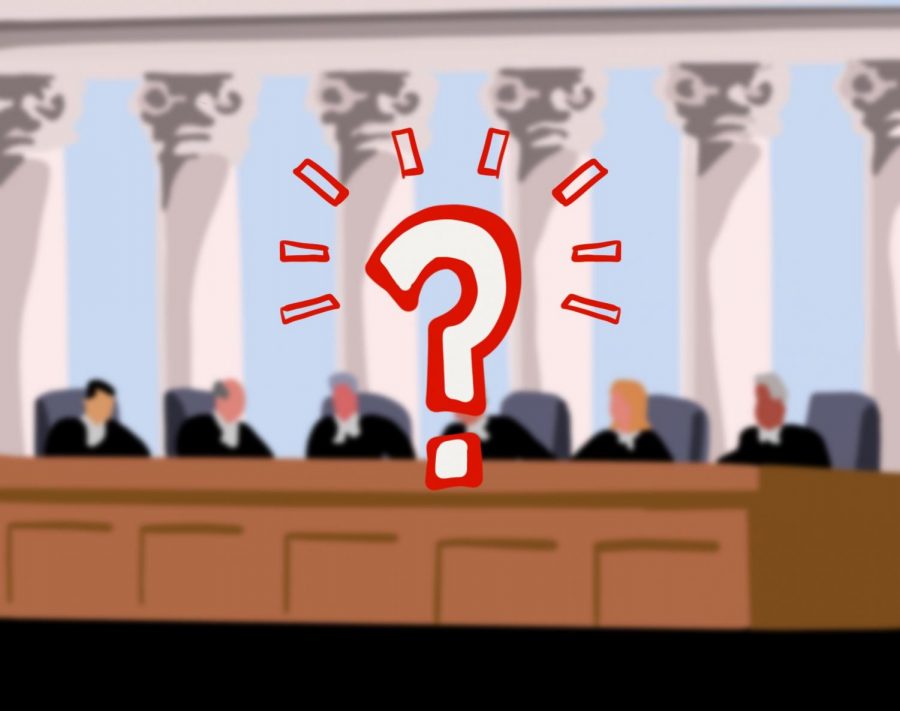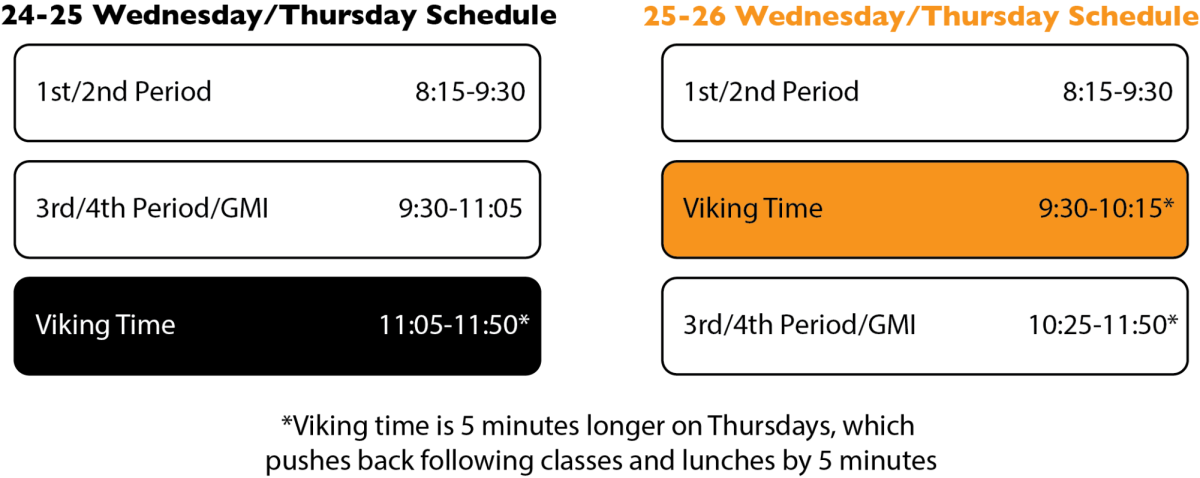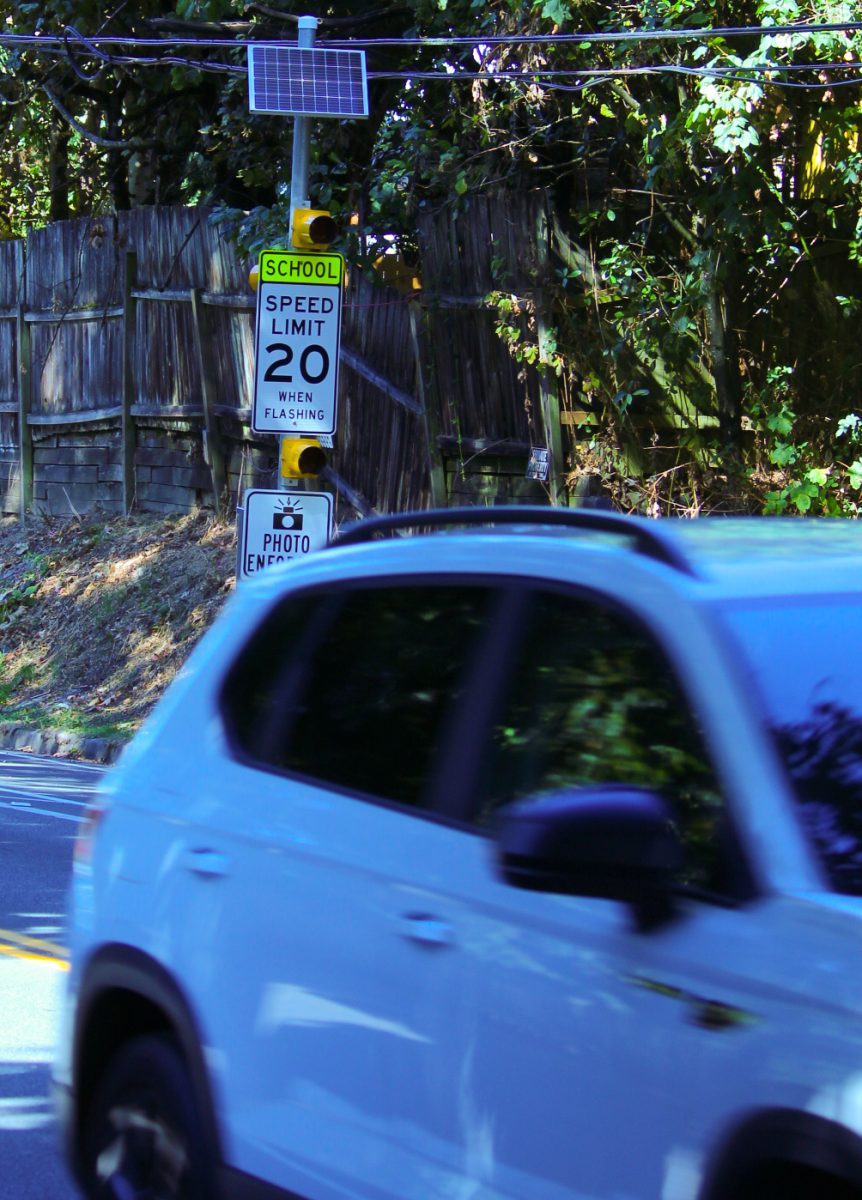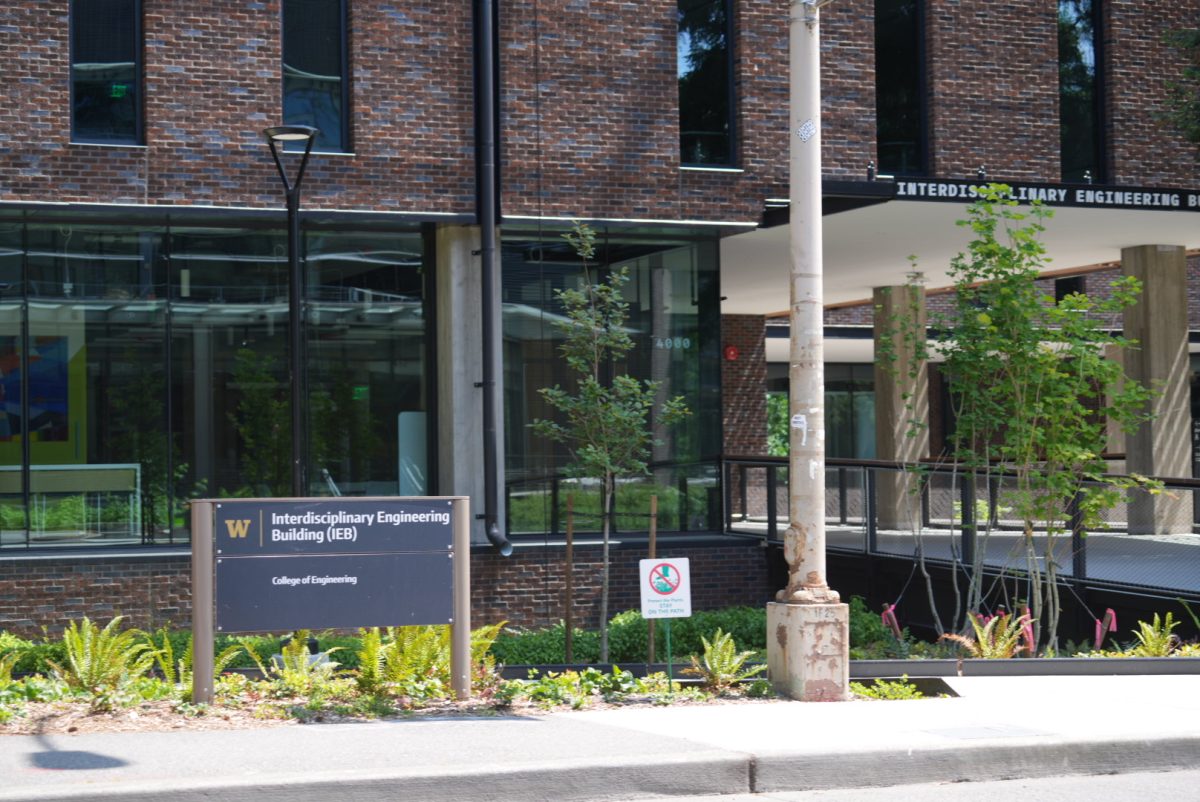On Sept. 26, President Donald Trump nominated judge Amy Coney Barrett to fill the seat of the late Justice Ruth Bader Ginsburg on the Supreme Court. Ginsburg passed away on Sept. 18 from complications due to pancreatic cancer.
“Professor Barrett is a woman of remarkable intellect and character. She is eminently qualified for the job,” Trump said, announcing Barrett’s nomination to a crowd of reporters at the White House. Barrett then took to the podium herself and accepted the nomination.
“A judge must apply the law as written,” Barrett said. “Judges are not policy makers…If confirmed, I would not assume that role for the sake of those in my own circle, and certainly not for my own sake; I would assume this role to serve you.”
Barrett currently serves as a judge for the United States Court of Appeals for the Seventh Circuit, which controls several districts in Illinois, Wisconsin, and Indiana. She now faces an intense Supreme Court confirmation process in the U.S. Senate, which Republicans currently vow to hold before the November election.
“Since the 1880’s, no Senate has confirmed an opposite-party president’s Supreme Court nominee in a presidential election year,” Senate Majority Leader Mitch McConnell said in a statement. “By contrast, Americans reelected our majority in 2016 and expanded it in 2018 because we worked with President Trump and supported his agenda, particularly his outstanding appointments to the federal judiciary. Once again, we will keep our promise.”
McConnell has previously stated that there should be no Supreme Court confirmation process in the final year prior to an election. McConnell made such a statement in 2016, when then President Barack Obama nominated Merrick Garland to fill the seat of Justice Antonin Scalia. After Republicans refused to hold hearings for Garland, Scalia’s seat went to Neil Gorsuch, under much controversy.
Barrett’s appointment is also controversial. She has been criticized by Democrats due to her pro-life stance on abortion,and Democrats are worried that she might try to overturn Roe v. Wade. Barrett has also been criticized for her fierce opposition to the Affordable Care Act, which helps protect people who have pre-existing conditions.
But Barrett’s confirmation process has been upended by the number of recent positive COVID-19 tests by U.S. Senators. Currently three Republican U.S. Senators have tested positive for COVID-19, yet there is still high confidence by Republican senators for Barrett’s confirmation process to go on as scheduled.
“We’re going to move forward on her nomination,” Senate Judiciary Chairman Lindsey Graham said. “We’ll have a hearing safely. And I think she’ll be confirmed before the election.”











